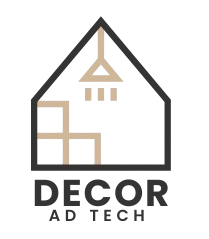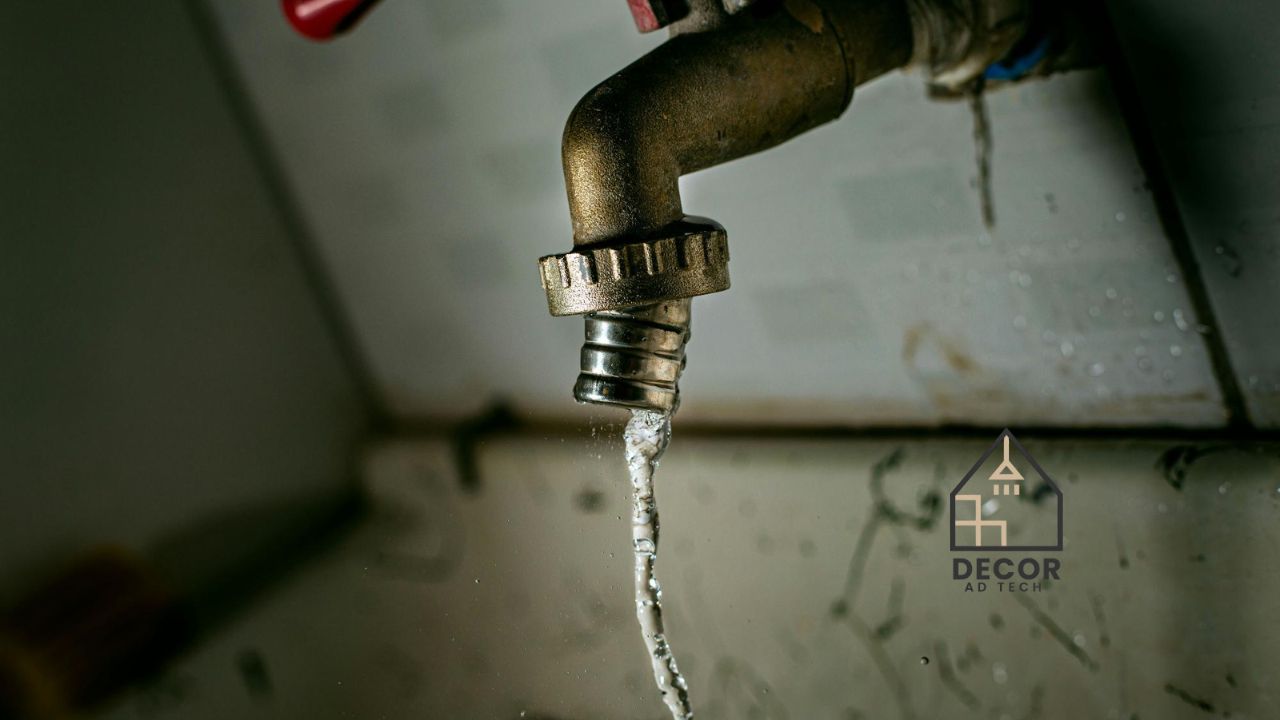When I moved into my first “smart home” last year, I was beyond excited. Controlling lights with my voice, regulating the temperature through an app, and connecting multiple devices throughout the house felt like living in the future. But despite all this tech wizardry, there was one area I overlooked: plumbing. For a setup meant to make life more convenient, it quickly became obvious that traditional plumbing couldn’t meet my newly upgraded home’s standards.
A Leaky Surprise
A few months in, I came home to an unexpected surprise: water had seeped from a small leak, soaking into the carpet and leaving a musty scent. It dawned on me that while everything else in my home was “smart,” my plumbing was still in the Stone Age. If I had smart plumbing, I would have been alerted about the leak immediately, potentially saving lavish repair expenses and a mold headache. Ignorance on my part had cost me both literally and figuratively.
Moreover, the incident gave me insight into just how vulnerable traditional systems can be. Pipes, often overlooked and hidden from view, harbor unpredictable risks that can have long-lasting impacts on a home’s structure and integrity. What seemed like a small inconvenience can escalate into a much larger problem if not addressed promptly. A smart plumbing system provides that vital early warning and the control needed to limit these risks.
Understanding the need for smart plumbing is important for anyone planning to live in a technology-enhanced home environment. To ensure your system is both sophisticated and resilient, consulting with residential plumbing services can be invaluable in bringing your plumbing into the new age.
Real-Time Water Monitoring
Pondering a solution led me to consider the magic of smart plumbing. Picture this: you’re sipping coffee at a café, and you receive a notification about unusual water consumption back home. Whether it’s a leak, a running faucet, or even a broken pipe, smart plumbing systems alert you in real time. It’s like placing a pair of vigilant eyes on your pipes.
This concept isn’t too far-fetched. Water sensors can be installed at key points in the plumbing system, allowing homeowners to monitor usage patterns and detect anomalies. An automated shut-off system could also prevent extensive water damage. The added peace of mind for homeowners is arguably its greatest gift.
And let’s not forget about prevention. The data amassed through these monitoring systems can lead to more informed decisions over time. Imagine preempting seasonal issues or plumbing hazard areas before they become significant challenges. The proactive approach advocated by smart plumbing inherently encourages safety and performance optimization in a manner rarely achievable through traditional methods.
The Convenience Factor
Let’s be honest, the highlight of any smart system is convenience. Imagine a world where you receive reminders to replace filters or warnings about freezing pipes. For folks like me, who often juggle tasks and forget routine maintenance tasks, this is a game-changer.
Moreover, design features like smart showers that remember specific temperature settings or faucets that dispense measured quantities of water not only add to our daily conveniences but also enhance our overall living experience.
The interconnected nature of smart plumbing also brings all relevant information to your fingertips, providing an unprecedented level of control. This integration invites a seamless transition from awareness to action, where minor adjustments result in substantial improvements over time. It’s this amalgamation of information and control that allows homeowners to curate a living experience that truly resonates with their needs and aspirations.
The Conservation Perks
Beyond problem detection, smart plumbing contributes significantly to water conservation. With traditional plumbing, water is often unwittingly wasted. Constant drips, leaky toilets, and inefficient systems add up over time. Smart plumbing systems, through real-time data, help identify the lifestyle changes that can lead to water conservation.
Consider how important these systems can be in states or cities where water shortages are an everyday concern. Employing smart plumbing is not only about convenience but also about doing our part to conserve precious resources.
Moreover, the insights offered by smart plumbing systems often reveal patterns in water usage we might not even consider otherwise. Understanding these patterns allows families to implement water conservation practices that match their specific routines, leading to more personalized and efficient resource management. This not only saves water but can also significantly reduce utility bills, an added bonus in times of rising living costs.
Energy Efficiency (Yes, You’ve Read It Correctly!)
One might ask, “How does plumbing save on energy?” Well, many systems take it a step further by showing energy usage related to water heating. For those of us aiming for a greener footprint, understanding how our daily habits impact our energy consumption is enlightening. Insights like these can result in more conscious practices, potentially reducing energy bills.
Conclusion
Integrating smart plumbing into a smart home not only aligns plumbing with other home technology but also offers enhanced protection, convenience, and resource conservation. Looking back at my initial oversight, it’s clear that upgrading plumbing is as crucial as setting up lights or installing smart speakers when crafting a truly modern living space.
So while installing smart plumbing might not top your to-do list, it could very well be the unsung hero of a truly harmonious and intelligent home environment. A smart home is an investment in future-proofing our lives; why not extend this to every faucet, shower, and pipeline?
Admin Recommendation
How to Upgrade My Home Decoradtech
Decoradtech Smart Home Ideas by DecoratorAdvice
DecorAdTech Smart Home Ideas by DecoratorAdvice











